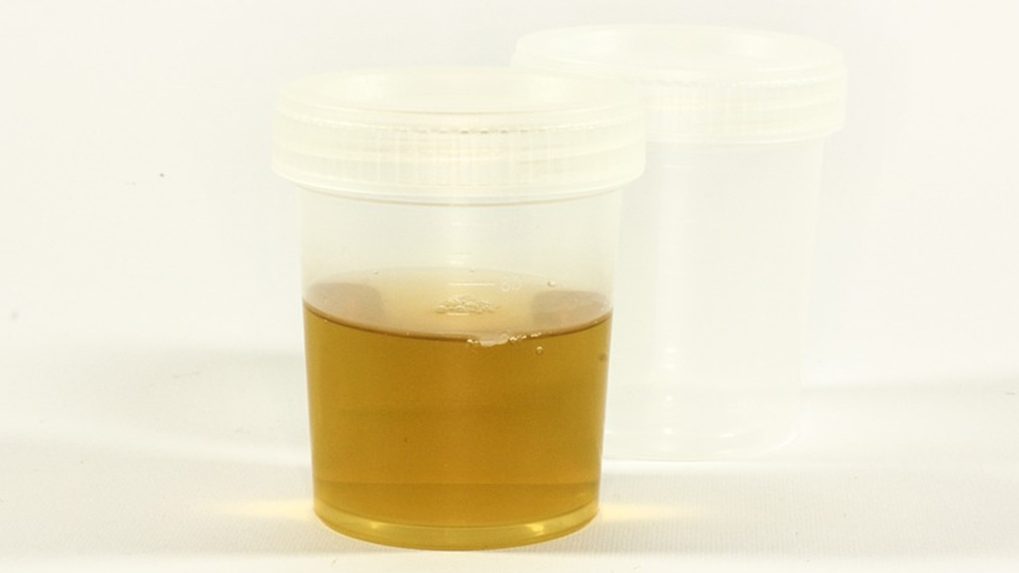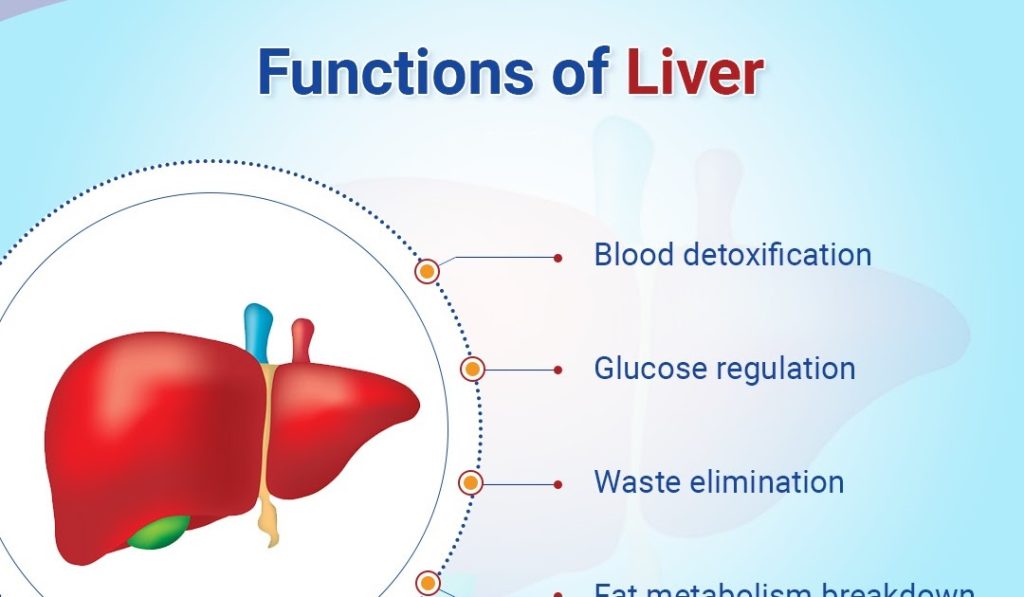Are you concerned about the color of your urine? While urine can vary in color depending on factors such as hydration and diet, dark urine can sometimes be an indication of a more serious underlying health issue. In particular, a dark coloration could be a sign of a liver problems.
The liver plays a crucial role in filtering toxins from the body and producing bile, which gives urine its yellow color. When the liver is not functioning properly, it may lead to a buildup of bilirubin, a yellow pigment that can darken the urine. However, it’s important to note that dark urine alone is not enough to diagnose a liver problem, as there can be other causes as well.
In this article, we will delve deeper into the potential causes of dark urine and when it may be necessary to seek medical attention. Don’t ignore the warning signs – let’s decode the mystery of dark urine together.
Causes of dark urine
Dark urine can be caused by a variety of factors. It is important to understand that not all cases of dark urea are related to liver problems. Dehydration is one of the most common causes of dark urine. When you are dehydrated, your urine becomes more concentrated, leading to a darker color.

Certain medications, such as antibiotics and laxatives, can also cause dark urine as a side effect. Additionally, some foods and drinks, such as beets or blackberries, can temporarily darken the color of your urine. However, if you notice persistent dark urine that is not related to any of these factors, it is important to consider potential liver-related causes.
Understanding liver function
To understand why liver problems can lead to dark urea, it is essential to have a basic understanding of the liver’s function in the body. The liver is a large organ located in the upper right side of the abdomen. It performs numerous vital functions, including filtering toxins from the blood, producing bile to aid in digestion, and storing vitamins and minerals.

One of the byproducts of the liver’s metabolic processes is bilirubin. Bilirubin is a yellow pigment that is formed when red blood cells break down. It is then processed by the liver and excreted in the bile, giving urine its characteristic yellow color. When the liver is not functioning properly, bilirubin can accumulate in the body, leading to a buildup that can darken the urine.
Common liver conditions that can cause dark urine
Several liver conditions can cause dark urine as a symptom. Hepatitis, an inflammation of the liver, can lead to dark urine along with other symptoms such as fatigue, abdominal pain, and jaundice (yellowing of the skin and eyes). Hepatitis can be caused by various factors, including viral infections (such as hepatitis A, B, or C), alcohol abuse, and certain medications or toxins.
Liver cirrhosis, a late stage of scarring of the liver, can also cause dark urine. Other liver conditions, such as fatty liver disease and liver cancer, may also present with dark urine as a symptom. It is important to note that dark urine alone is not enough to diagnose any of these conditions, and further medical evaluation is necessary for an accurate diagnosis.
Other possible causes of dark urine
While liver problems are a common cause of dark urea, there are other potential causes to consider. Kidney stones, which are hard deposits of minerals and salts that form in the kidneys, can cause dark urine along with other symptoms such as pain in the back or side, blood in the urine, and frequent urination.

Urinary tract infections (UTIs) can also lead to dark urine, accompanied by symptoms such as a burning sensation during urination, frequent urination, and cloudy or foul-smelling urine. In rare cases, dark urine may be a sign of a genetic disorder called porphyria, which affects the production of heme, a component of red blood cells.
If you have any concerns about the color of your urine, it is always best to consult with a healthcare professional for an accurate diagnosis.
Recommended: Embracing the Health Benefits of Lemon Peels
Symptoms and warning signs to look out for
In addition to dark urine, liver problems can present with other symptoms and warning signs. These may include fatigue, weakness, abdominal pain or swelling, nausea, vomiting, loss of appetite, unexplained weight loss, itching, and jaundice. If you experience any of these symptoms along with dark urine, it is important to seek medical attention for further evaluation.
While these symptoms can be indicative of liver problems, they can also be caused by other conditions, so it is crucial to consult with a healthcare professional for an accurate diagnosis.
When to see a doctor
If you notice persistent dark urea that is not related to dehydration, medication, or diet, it is advisable to see a doctor. They will be able to evaluate your symptoms, perform a physical examination, and order any necessary tests to determine the underlying cause of your dark urine. Seek immediate medical attention if you experience severe abdominal pain, high fever, or any other concerning symptoms in addition to dark urine.

Diagnosis and tests for liver problems
To diagnose liver problems, your healthcare provider may order various tests. These can include blood tests to assess liver function, imaging studies such as ultrasound or MRI to evaluate the structure of the liver, and liver biopsy, which involves removing a small sample of liver tissue for further analysis. These tests can help identify the specific cause of your dark urine and determine the extent of liver damage, if present.
Treatment options for liver conditions
The treatment for liver conditions depends on the underlying cause and severity of the condition. In some cases, lifestyle changes such as maintaining a healthy diet, exercising regularly, and avoiding alcohol or certain medications may be recommended.
Medications may also be prescribed to manage symptoms or address the underlying cause. In more advanced cases, surgical interventions or liver transplantation may be necessary. It is important to work closely with your healthcare provider to develop an individualized treatment plan that addresses your specific needs.
Prevention and lifestyle changes for maintaining liver health
Prevention is always better than cure when it comes to liver health. To maintain a healthy liver, it is important to adopt certain lifestyle changes. These include avoiding excessive alcohol consumption, maintaining a healthy weight, staying hydrated, practicing safe sex to prevent hepatitis infections, and avoiding exposure to toxins or chemicals that can harm the liver.

In addition, getting vaccinated for hepatitis A and B can help protect against viral infections that can lead to liver problems.
Conclusion
Dark urine can be a cause for concern, especially if it is persistent and not related to dehydration or other benign factors. While liver problems are a common cause of dark urine, it is important to consider other possible causes as well. If you notice persistent dark urine, along with other symptoms such as fatigue, abdominal pain, or jaundice, it is important to seek medical attention for further evaluation.
Early detection and treatment of liver problems can greatly improve outcomes, so don’t ignore the warning signs. Remember, your urine can provide valuable clues about your health, so let’s decode the mystery of dark urea together.
See also: 4 Fit Ideas To Help You Keep Up Your Fitness Level
Looking for a custom-made style for you, your wife/hubby, or your kids? Were here for you..! Contact us today to have us tailor a dress for you.
Keep up to date with Stylish Gwin Africa on any of these links: Facebook, Instagram, Pinterest, and Twitter. Chat on Whatsapp































